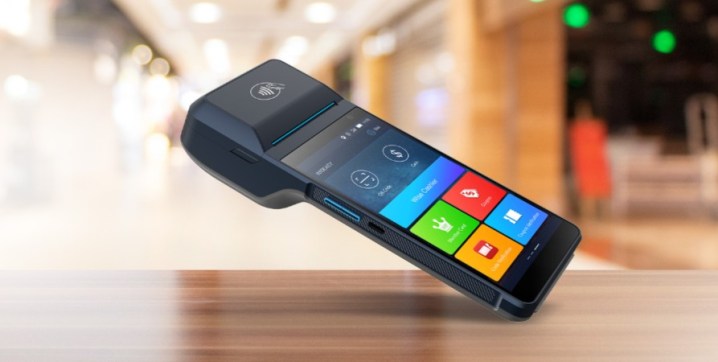An Android-based payment system has been affected by hackers who have been able to infiltrate its database and gain access to 140,00 payment terminals globally, according to TechCrunch.
The brand, Wiseasy, is well known in the Asia-Pacific region, with its payment terminals used in restaurants, hotels, retail outlets, and schools. Its accompanying Wisecloud cloud service is used for remote management and configuration for its customer’s terminals.

Hackers were able to gain access to Wiseasy’s systems through employees’ computer passwords being stolen by malware and ending up on the dark web marketplace, Buguard chief technology officer Youssef Mohamed told TechCrunch.
Buguard is a penetration testing and dark web monitoring startup that observed the hacking of Wiseasy and noted that the bad actors were able to gain control of two of the company’s cloud dashboards, including an “admin” account. Notably, the popular payment system brand lacked commonly recommended security features, such as two-factor authentication.
The publication was able to view screenshots of Wiseasy’s “admin” user account, which shows how the service can control payment terminals remotely, have access to various user data, and have configuration control, such as being able to add users, seeing Wi-Fi names, and plaintext passwords of connected payment terminals. Access in the wrong hands can easily cause such a situation.
Buguard also said its attempts to collaborate with Wiseasy in early July to address the issue were met with canceled meetings. At this point, Mohamed is unable to say whether the breach has been resolved. However, a Wiseasy spokesperson, Ocean An, told TechCrunch that the company had fixed the issue in-house and added two-factor authentication to its systems.
It remains unknown whether Wiseasy will directly tell customers about this hack, according to TechCrunch.
Many cyber-security issues have to do with hackers working to take over control of various programs or services from the back end. A recently resolved zero-day vulnerability was Follina (CVE-2022-30190), which granted hackers access to the Microsoft Support Diagnostic Tool (MSDT).
This tool is commonly associated with Microsoft Office and Microsoft Word. Hackers were able to exploit it to gain access to a computer’s back end, granting them permission to install programs, create new user accounts, and manipulate data on a device.
Early accounts of the vulnerability’s existence were remedied with workarounds. However, Microsoft stepped in with a permanent software fix once hackers began to use the information, they gathered to target the Tibetan diaspora and U.S. and E.U. government agencies.
Editors’ Recommendations




